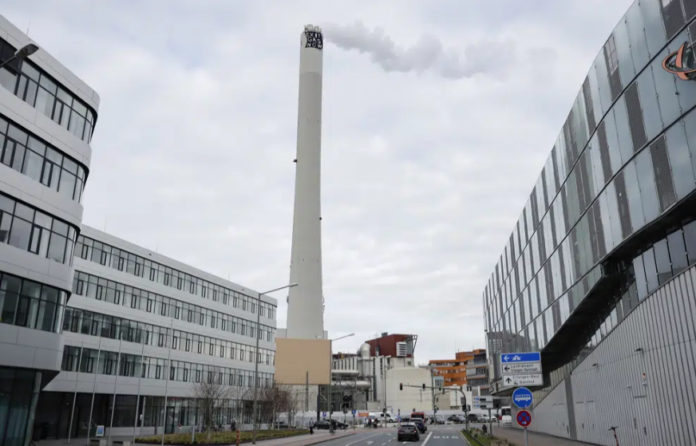Environmental groups have started legal action against the European Union’s executive branch in a bid to block a move to include natural gas and nuclear power generation on a list of sustainable activities, according to AP News.
The list proposed by the European Commission drew fierce criticism and accusations of greenwashing. On Tuesday, Greenpeace said that it was filing a lawsuit at the European Court of Justice, the top EU court, after the commission refused to reconsider its move.
Greenpeace is asking the European Court of Justice to declare the inclusion of fossil gas and nuclear “as invalid.”
Separately, ClientEarth, WWF’s European Policy Office, Transport & Environment (T&E), and BUND are challenging only the decision to include gas. They say the fossil fuel can’t be considered sustainable because of its adverse environmental impact.
The green labeling system from the European Commission defines what qualifies as an investment in sustainable energy. Initially, it didn’t initially include gas or nuclear.
“Polluters are already using this fake label to syphon green finance away from where it’s needed,” Greenpeace EU sustainable finance campaigner Ariadna Rodrigo said. “If you save money with a green pension fund, for example, that fund could now be supporting the expansion of the fossil fuel and nuclear industries. That’s unacceptable, and that’s why we’re in court today.”
Amid Russia’s war in Ukraine, the addition of gas and nuclear has divided the EU’s 27 member countries, and even political groupings in the European Parliament. But EU lawmakers last year voted to back the European Commission’s proposal and add both to the list.
The four groups opposed only to gas said that classifying it as sustainable risked increasing the bloc’s gas dependency by boosting demand. “This would expose the EU to more volatility, dependence on producing countries and supply crises in the future — with potentially further devastating impacts on household bills,” they said.
The groups also claim that giving gas a sustainable label clashes with other EU laws and doesn’t respect the EU’s commitments and obligations under the 2015 Paris climate accord’s target for limiting global warming.
The question of nuclear power has divided environmentalists, energy experts and governments for years. Some argue it’s an important source of energy, because it’s produced with almost no carbon emissions and thus “clean,” while others say the risks of nuclear reactions are too great and infrastructure is slow and costly to build. Liquid natural gas, clearly a fossil fuel, is roundly criticized in environmental circles.
The EU is aiming to reach climate neutrality by 2050 and to cut greenhouse gas emissions by at least 55% by 2030. The commission says the classification system is crucial to direct investments into sustainable energy. It estimates that about 350 billion euros ($382 billion) of investment per year will be needed to meet the 2030 targets.


